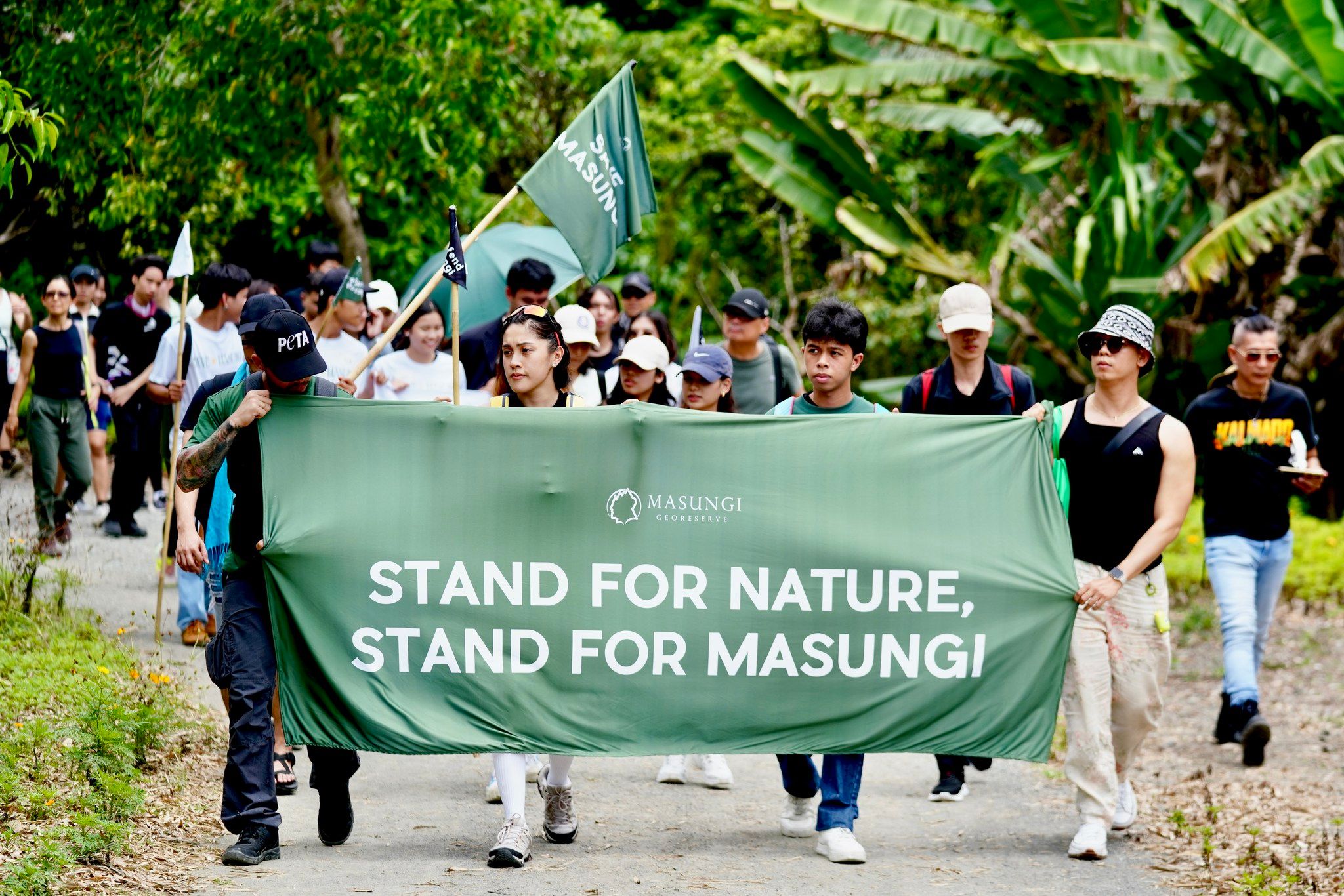Women's land and forest rights still 'alarmingly weak'
Indigenous, Afro-descendant, and local community women have little to no say in the forests they tirelessly sustain
By Mat Richter
Community women in 35 key forest countries lack protection but work day and night to protect the world’s treasures.
Laws respecting their land and forest rights are still "alarmingly weak" decades after governments worldwide vowed to advance gender equality, a report out March 2025 found.
Indigenous, Afro-descendant, and local community women repel deforestation in the territories they sustain, but few get to lead and make decisions about the forests, according to “Resilience and Resistance” study by global coalition Rights and Resources Initiative (RRI).

Ujamaa Community Resource Team)
As of 2024, only five percent of legal frameworks regulating community forest tenure regimes (CBTRs)—or simply community-held land and resource rights—sufficiently support women's leadership rights in the Global South.
Of 104 CBTRs analyzed spanning 80 percent of forests across Africa, Asia, and Latin America (43 percent of the world’s forests), a mere two percent secure women a role in forest decision-making.
The report also noted that a small 13 percent of legal frameworks acknowledge women’s inheritance rights at the community level.
“The legal recognition of community women’s individual rights to participate in community forest governance is positively associated with their broader communities’ collective rights to manage community forests, and to collectively exercise free, prior, and informed consent,” the study stressed.
Money talks
Latest data from Global Canopy, a nonprofit flagging deforestation, showed that even after a decade, "Voluntary private sector action has failed to generate meaningful progress on commodity-driven deforestation," making big businesses’ pledges to forests look empty.
Dr. Solange Bandiaky-Badji, president and coordinator at RRI, told Manila Bulletin that beyond ethical responsibility, when businesses fail to respect indigenous and local community land rights, they expose themselves to reputational damage, legal challenges, and billions in increased costs.

“It is in companies' best interests to conduct due diligence and work with local governments as well as women's groups and networks to secure land rights for women for their own long-term economic stability,” she shared with Manila Bulletin.
Meanwhile, Ketty Marcelo, director of the National Organization of Andean and Amazonian Indigenous Women, told Manila Bulletin that oftentimes, businesses come in and create division within long-established communities.
Companies must familiarize themselves, she said, with laws that protect indigenous communities and respect their autonomy.
“They need to try to understand the multidimensional perspective of Indigenous Peoples—our ways of protecting forests, water, seeds, and our ancestral knowledge. Respecting the autonomy that exists within our territories is essential," she explained to Manila Bulletin.
Local land left in limbo
While nations have ratified the UN Convention on the Elimination of All Forms of Discrimination against Women (CEDAW), they are nowhere near fulfilling their legal duty to protect women's community-based rights to membership, governance, inheritance, and dispute resolution rights, the RRI study highlighted.
In the Philippines, what appears to be a deprivation of dispute resolution rights is hounding a rock garden tucked in Rizal.
The Department of Environment and Natural Resources (DENR) has canceled its joint venture with Masungi Georeserve's developer, Blue Star Construction and Development Corp., which has led the reserve's conservation efforts for decades, following an “unfinished housing project” in the province.
Blue Star appealed to DENR on March 24 in a statement to engage in transparent dialogue and halt its eviction order. To date, the developer seeks due process from the department.

“Many of the most vocal and courageous allies in environment protection in our region are women, and many of them are not afraid to ask for accountability from those in power for their land and communities,” Billie Dumaliang, co-founder at Masungi Georeserve, told Manila Bulletin.
We need to help preserve traditional culture and innate values, she said, including love for the land and rootedness with nature, to advance environmental goals.
“Indigenous communities are some of the strongest allies in protecting our forests against destructive interests. However, based on our experiences and conversations with them, third-party interests, lack of safeguards, and deficient policies have significantly changed indigenous cultural structures, shifted traditional values, and impeded the genuine realization of their rights,” Dumaliang added, stressing the need to empower women in these communities.
What the private sector can do, Marcelo told Manila Bulletin, is respect indigenous rights and autonomy and urge governments to do the same.
"We know that governments follow an extractivist economic model that benefits businesses. In turn, the private sector promotes and demands land dispossession from governments so that extractive industries can enter indigenous territories," she warned.